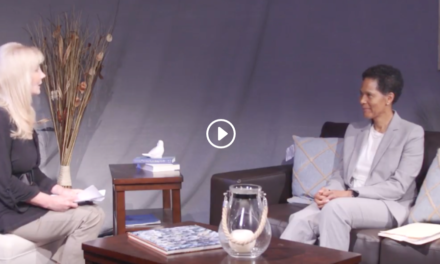From Kindergarten on, your school teachers drummed into your impressionable mind, rules to ‘play nice’. This behavioral map that began on the playground, could be influencing your conduct and defining your role in relationships today.
On the schoolyard, play nice meant don’t bonk Susie in the head with the ball. As an adult, playing nice might have morphed into enabling your boss or lover for them to save face, so they may be perceived as omnipotent and therefore rein power over you. That is correct, some of us have transformed from stopping short of a head butt during a rousing game of dodgeball to a full-on people-pleasing enabler in one short span of the lifetime between third grade and adulthood.
How did this happen? Here is a two-part explanation for this potential confluence. We are conditioned in this culture that it is impolite to argue a point. So, you may choose to ‘let it go’ when someone is trespassing over your goal line. Secondly, the people pleaser in you does not favor or even understand mind games. Not privy to the mysterious and complex ways of manipulation and control, you resort to innocently helping people out of their own ‘pickle’, which by the way offers up your own false sense of control.
“They need me,” you might think. “If I help them and fix their problem, I will have value,” you surmise. But, letting the bully have his/her way, and by helping them save face after they have stumbled their obtuse selves into a corner, is another way of participating in the drama dance.
This transactional two-step in the relationship between the bully and the rescuer is the handiwork of the ego. What is the driving force of the ego in this type of scenario? For both parties, it is fear, always.
I believe the underlying incentive for all transactions is either fear or love. If you are driven by love, you have integrated your highest purpose into action. If you are driven by fear, your lower self, zipped up into the material world that resides on the corner of Competition and Scarcity, dominates your scramble to have a sense of control, driven by fear of losing whatever is at stake.
The bully and rescuer relationship is based on shaky ground where at any given moment, one or the other appears to be appeased and safe on their precipice of illusory control.
There is another way, a cleaner way of communing on the adult playground of relational life. Instead of rescuing, think of ways to gently coach someone. Once you step out of the ego dance, the bully loses the game by default. They will, I promise you, go to another playground where the participants will abide by their game rules. To the bully, well good riddance.
As always I am here for you.
Article originally posted on Medium.com






